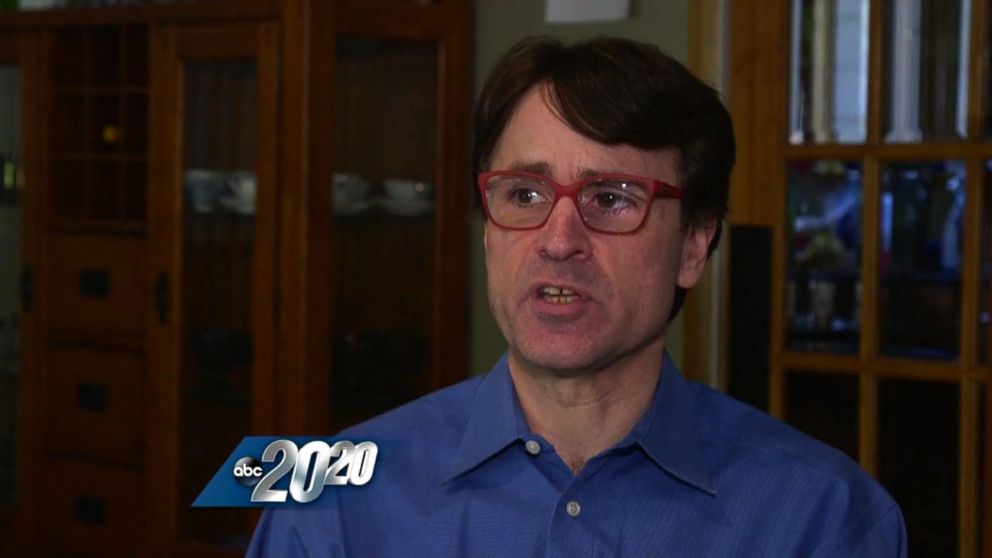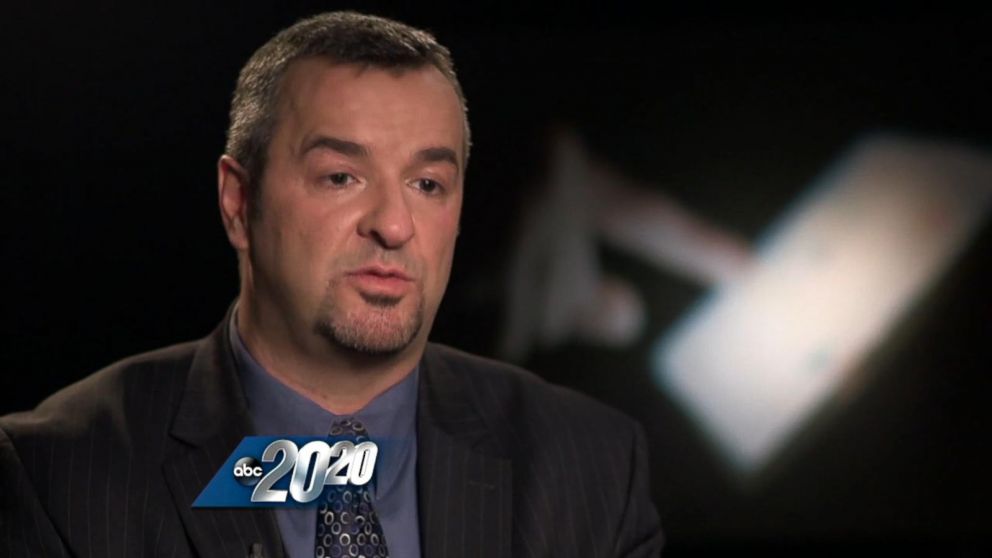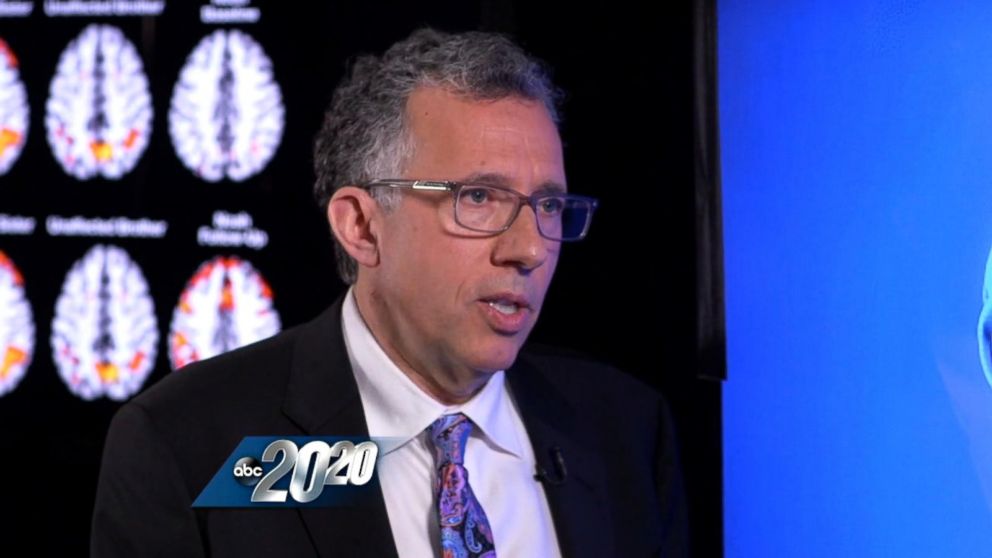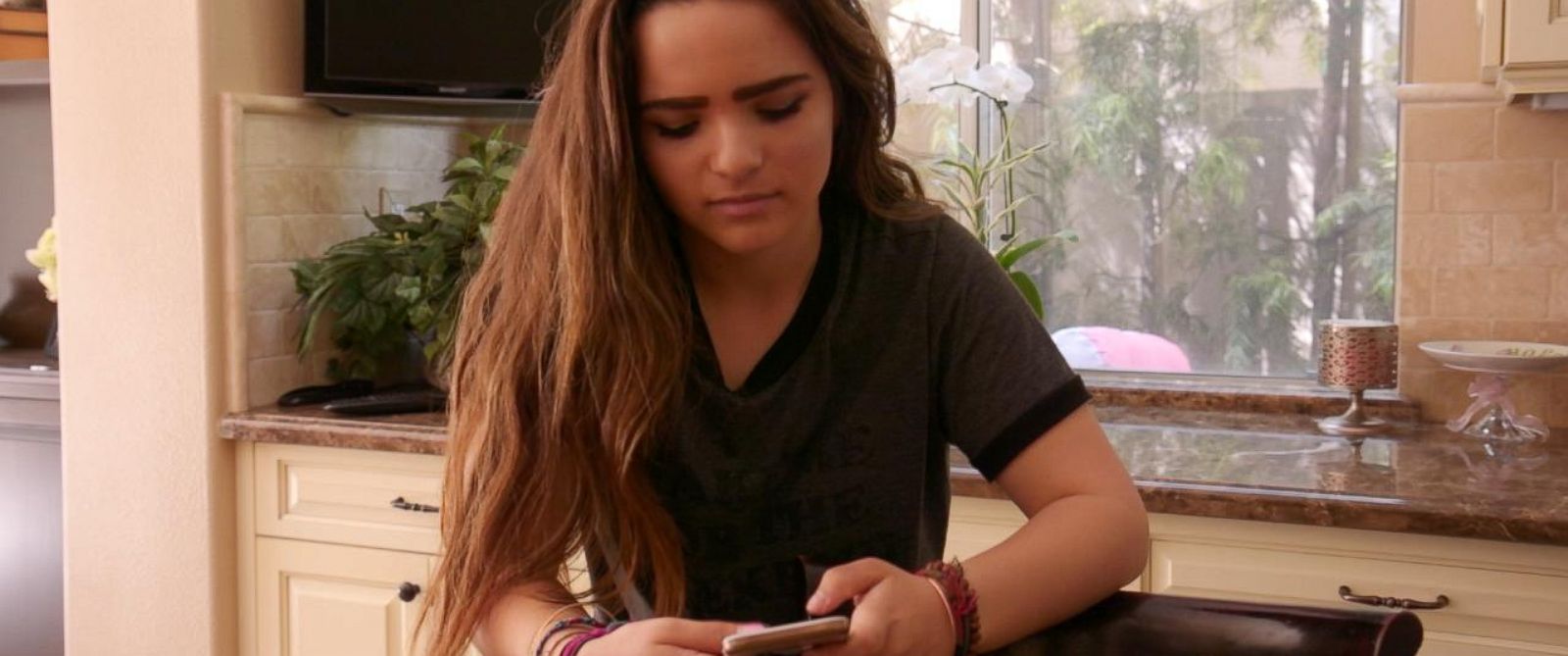
Following our year-long ABC News “20/20” report on American families dealing with the devastating effects of excessive use of technology, we wanted to provide our viewers with resources for more information, support and how to help others.
-American Psychological Association has a column, titled “Children and electronic media: How much is too much?” HERE.
-The American Academy of Pediatrics offers an online tool to help parents think about media, create goals and rules that are in line with their family’s values HERE.
-Entertainment Software Association (ESA) established the Entertainment Software Rating Board (ESRB), which provides resources and guidelines that provide information and insight about games for kids. They provide tips for parents HERE an a discussion guide HERE.
-Families Managing Media is a non-profit organization whose mission is to educate and empower parents to confidently manage the ever-changing world of childhood screens.
-Cam Adair says he is a former video game addict who now dedicates his life to helping others who think they play too much. He lectures about eliminating game usage and helps mentor people trying to quit.
Resources and experts mentioned in our program:
-Kevin Roberts counsels families all over the United States regarding excessive technology usage and is the author of two books, “Cyber Junkie: Escape the Gaming and Internet Trap” and “Get Off That Game Now!” He is referring participants and contributing to the NIH funded study taking place at Wayne State University and DMC Children’s Hospital of Michigan about excessive digital usage’s impact on the brain.
-Outback Therapeutic Expeditions - Unplugged Program: More information can be found on their website HERE.
-Chris Ferguson and Patrick Markey are the authors of the book, “Moral Combat: why the War on Violent Video Games is Wrong.” They have written a New York Times op-ed stating that video games are not addictive.
-Nicholas Kardaras is an addiction expert and executive director of the Dunes in East Hampton. He is the author of “Glow Kids: How Screen Addiction Is Hijacking our Kids” and “How to Break the Trance.”
-David Rosenberg is the Department Chair of Psychiatry at Wayne State University and the Detroit Medical Center. He is currently looking for teenagers with excessive digital use for a NIH funded study. Rosenberg gives prospective teens a survey HERE that you can take online.
-Victoria Dunckley is a child psychiatrist who has a private practice and has written a book, “Reset Your Child’s Brain, A Four-week Plan to End Meltdowns, Raise Grades, and Boost Social Skills by Reversing the Effects of Electronic Screen-Time.”
How this teen fell into a world of secret sexting, alcohol and drugs
Name a social media app, and 12-year-old Brooke was probably on it.
“FaceTime, Snapchat, Instagram, Twitter, Tumblr, Vine, Kik,” Brooke, now 15, told ABC News’ “20/20.”
The California teen got her first taste of social media at a friend’s house at age 11, and then shortly before her 12th birthday, she received a phone of her own – an iPhone. Brooke says she quickly became obsessed with the phone and social media.
“The second a text went off -- the second someone Snapchats me or FaceTimes me, I always answered, and I always waited and waited and waited for someone to reply,” Brooke said.
While her parents Jim and Stephanie estimate she was on her phone for hours from the time she got home from school to the moment she went to bed, Brooke says it was even longer.
“It was always about refreshing my feed and I’d stay up until like 4:30 in the morning,” she recalled. “It was my heart. I couldn’t put it down … It felt like a part of me.”
Watch the full story on ABC News’ “20/20” on Friday, May 19, at 10 p.m. ET.
As she became exposed to more through the internet and her phone, her parents Stephanie and Jim said Brooke became increasingly troubled, acting out at home. They say taking away her phone didn’t help end the trouble.
“The more she started to change and act out, the more we started to really … clamp down. Then that created anger because we were making it more and more difficult and blocking her from things and taking the phone,” Stephanie told “20/20.”
Though her parents tried to put an end to her excessive cell phone and social media usage, Brooke still found ways to access the internet.
“We would shut off service to the phone. We took her phone. She’d go and buy someone else’s phone. She would find old phones,” said Stephanie. “I would hide different things around my house so she wouldn’t get to them. She must have ransacked the house to find different things.”
“I was constantly making different accounts. I had like six accounts on Instagram. I had multiple Snapchats. I changed the usernames, the passwords. I would block [my parents]. I’d have other friends give me their old phones, iPods, anything, and I always had a backup ready to go,” said Brooke.
Jim and Stephanie said they would fight to take away Brooke’s phone and that anytime they did, the crisis became extreme.
“[She would] cry, yell, run upstairs, go in her room, slam the door,” Jim told “20/20.” “There was no relationship. We were just a means to provide her with food and shelter and money ... and a phone.”
Brooke’s parents say her phone and social media fixation opened a portal to a dark place, and her risky behavior in middle school escalated.
“[She was] just hanging out with the wrong crowd -- drugs, sex in middle school,” Jim said. “When she was home and she was up in her room, I always felt more secure, because, okay, she’s home. She’s safe. But it was a complete false sense of security because she’s up there in her room with her phone on the internet.”
Brooke began drinking alcohol and using drugs. Her parents later discovered that the then-12-year-old was also sexting with strange men that she said she found through social media and while using mainly the messaging app Kik.
Men she met online would even persuade her to send them nude photos of herself.
“They had no respect for me. It was just like, ‘Send me this,’ like, ‘Do it now!’” Brooke said. “I was up all night, sending pictures [of myself to strangers]. When I did it and I got those compliments, I got that attention, and it just made me feel really good.”
Brooke was adopted as a baby and her parents say that led to attachment issues. She has also been diagnosed with ADHD.
“When you take a phone and social media, and you put it in the hands of a teenager, and then throw in some mental illness, she just becomes very vulnerable,” said Jim.
But Jim and Stephanie didn’t realize how vulnerable 13-year-old Brooke was until one day when police showed up at their home. The officer informed them that Brooke and a friend were involved in a dangerous online relationship.
“There were some inappropriate pictures that had been sent [of herself],” said Stephanie. “This person was blackmailing the other friend of hers for more pictures or they were going to put them all over the internet and things like that.”
Brooke was bullied and shamed over her online mistakes.
“I think it was just years and years of bullying, pretty abusive relationships in many ways, and I think losing all my friends,” said Brooke. “I think I just got to a point where I kept getting hurt. I kept doing things that I knew didn't make me happy, but I just continued to do it because I had nothing else to do.”
And then, in an act of desperation, Brooke wrote a suicide note on her phone, which somehow accidentally appeared on her father’s phone.
“I opened it up and it was a suicide note,” said Jim. “I couldn’t believe it. It was scary,”
“I just got to a point where I just didn’t even know why I was here and why I was still trying,” said Brooke.
Jim and Stephanie had Brooke committed that night. The first thing the attendants took away from Brooke was her phone.
ABC News’ “20/20” was there when Brooke took one of her home visits after spending nearly 20 months at Solstice Residential Treatment Center, where she is being treated for mental health issues, substance abuse, and excessive use of her cell phone and social media.
Therapists there help Brooke with her self-esteem. One of her favorite parts of the program involves her childhood love of horses. Using body language with these sensitive animals may help Brooke learn how to better communicate with others and build relationships.
Brooke has periodic visits home to gauge how she handles access to her cell phone and social media. As a precaution, her parents keep some of their old devices in a drawer so that Brooke only has access to her phone when they give it to her.
For Brooke, completing even a small task, like putting on makeup while ignoring her phone, is a victory.
“I think the first time I got [my phone], I was like, ‘Oh my god, I need to check everything. I need to be updated,” Brooke said. “[Now], I can do things and have it in my pocket and not need it.”
“I’m always hopeful. I’m hopeful every time that she comes home. But I’m also realistic, and I know that it’s a real struggle for her,” said Stephanie.
During the home visit, Brooke had an emotional meltdown. It was tough for her to see what her friends were up to on social media without feeling like she was missing out. “That was hard because a lot of my friends were busy going to those parties, and I wanted to be there,” she said. “It all hit me at once.”
Still, Brooke feels that she has become less attached to her phone after being without it for weeks at a time.
“I think the first time I got it, I was like, ‘Oh my god, I need to check everything. I need to be updated.’ Now I just text some close family friends at home, text my brother. I text some of my friends,” she said. “For the most part, I can do things and have it in my pocket and not need it. Right now, it’s not that big of an issue for me.”
In fact, Brooke says she’s a changed person.
“I'm completely different. I can be by myself and be okay and I'm reconnecting with a lot of things I love. And I don't feel empty,” said Brooke.
“She has so much self-awareness around herself and her mental challenges. She’s accountable for her past,” said Jim.
Stephanie added, “She said she’s not proud of it, but it’s her past and she owns it.”
Brooke’s parents say they don’t feel like they have their daughter back, but someone better.
“The communication between the three of us is so much better. It’s great,” said Jim.
Watch the full story on ABC News’ “20/20” on Friday, May 19, at 10 p.m. ET.






No comments:
Post a Comment